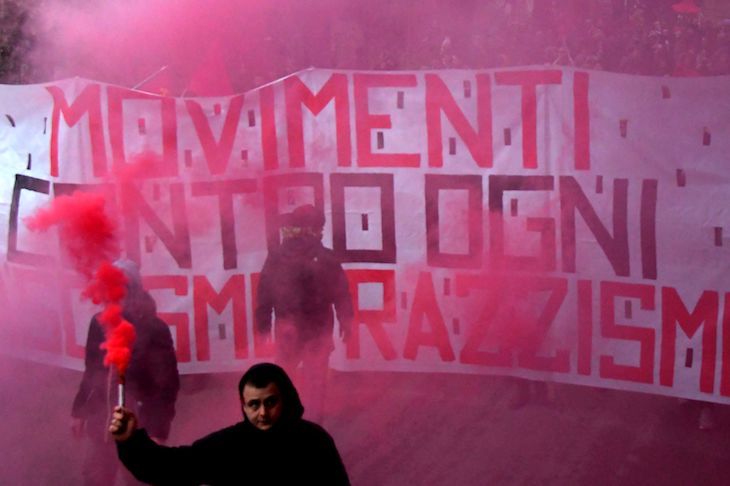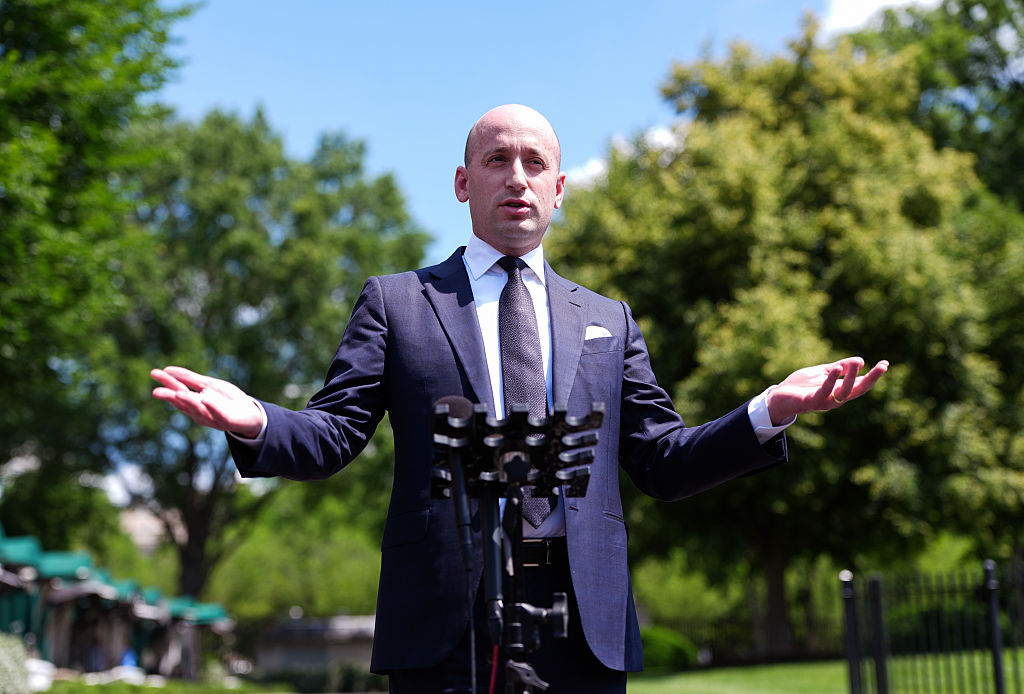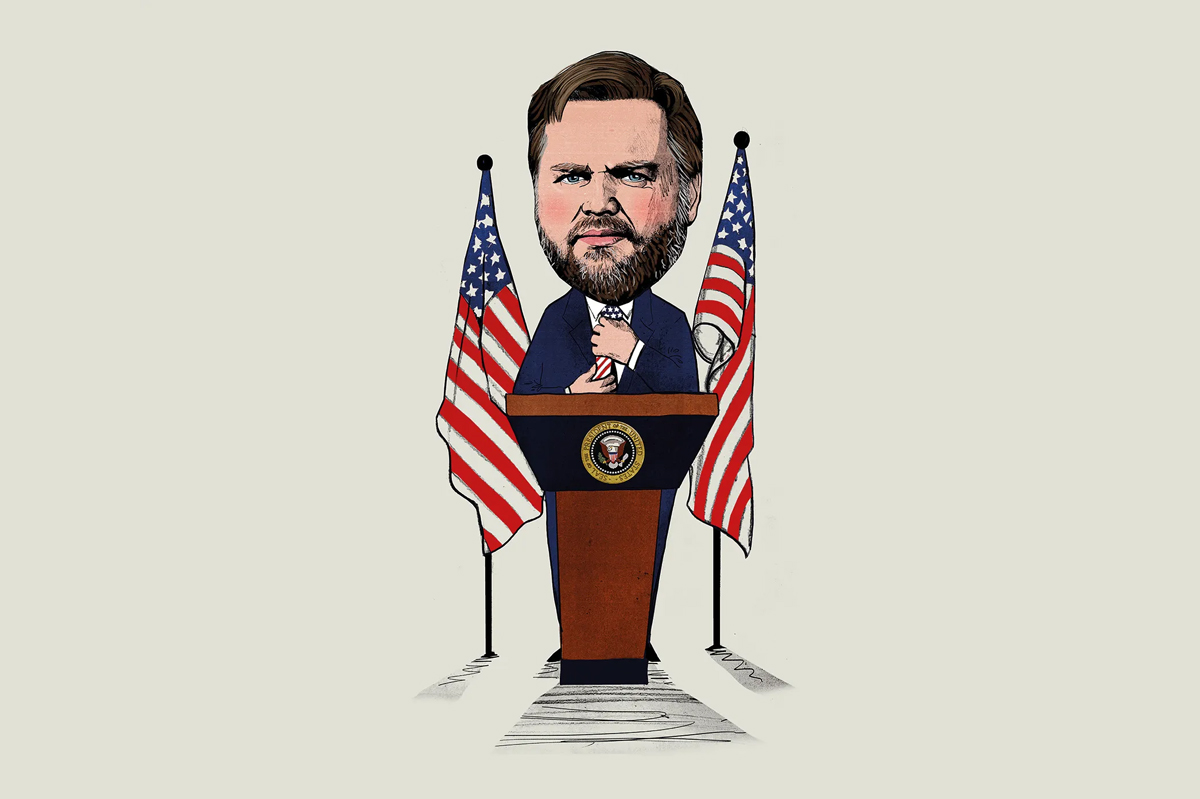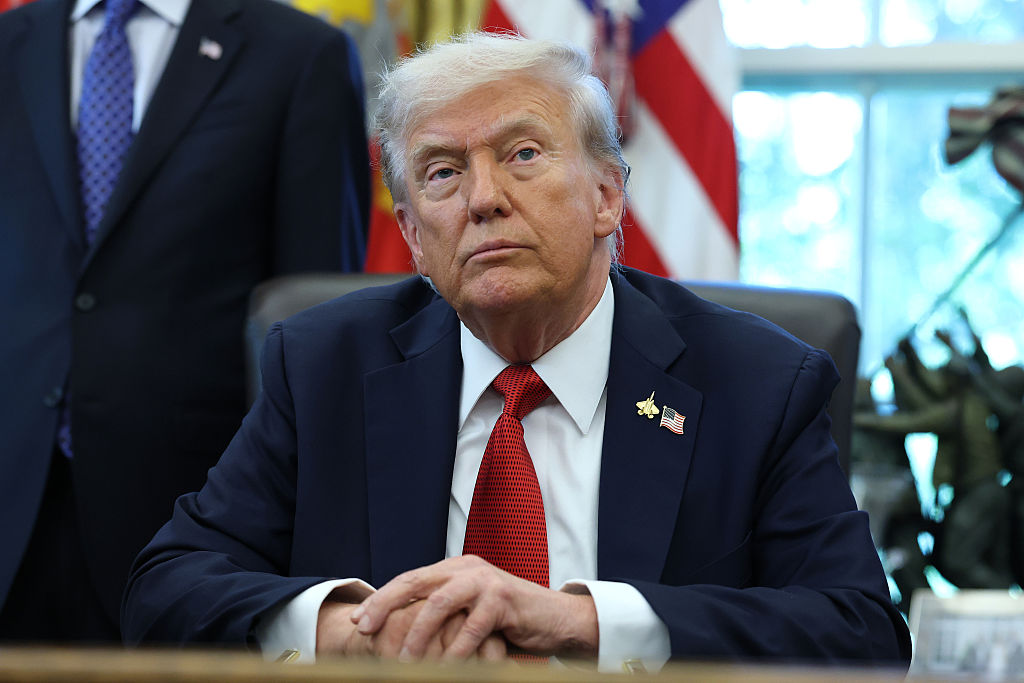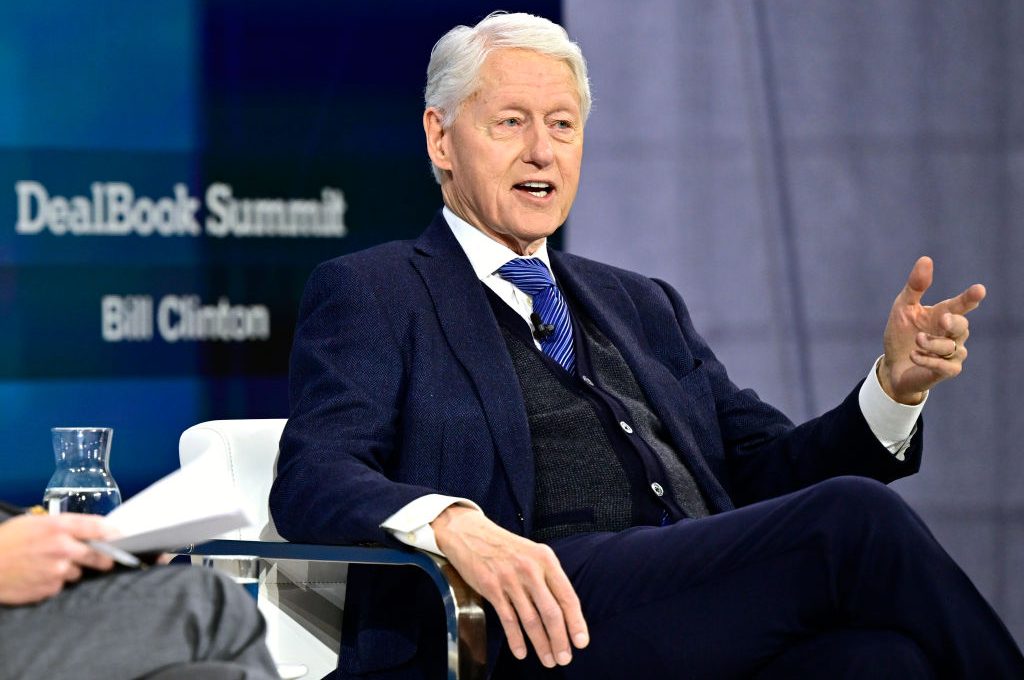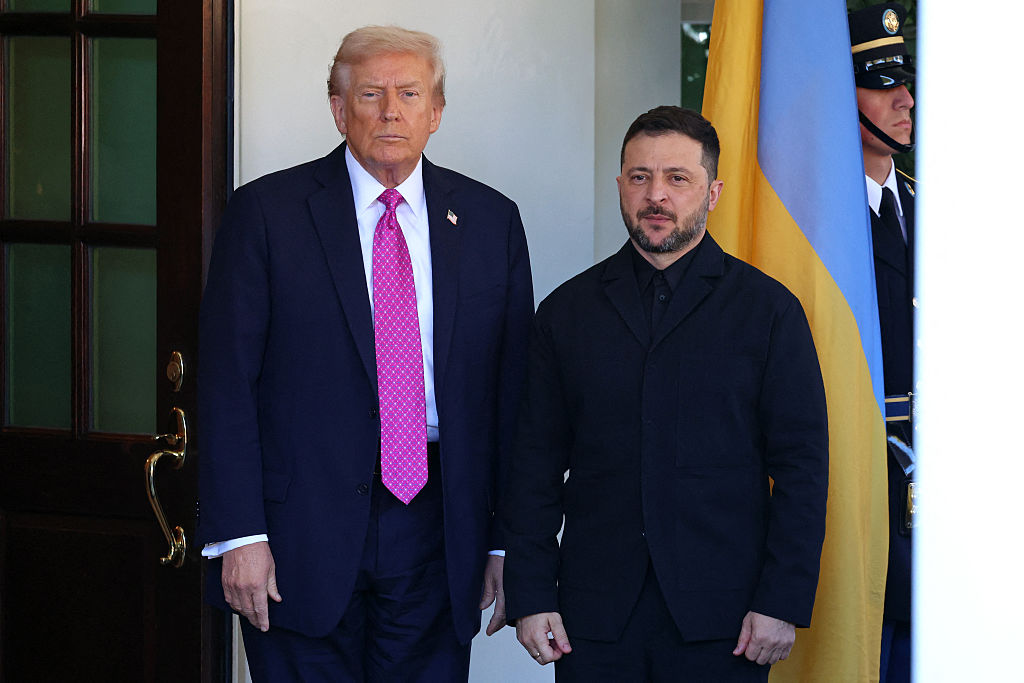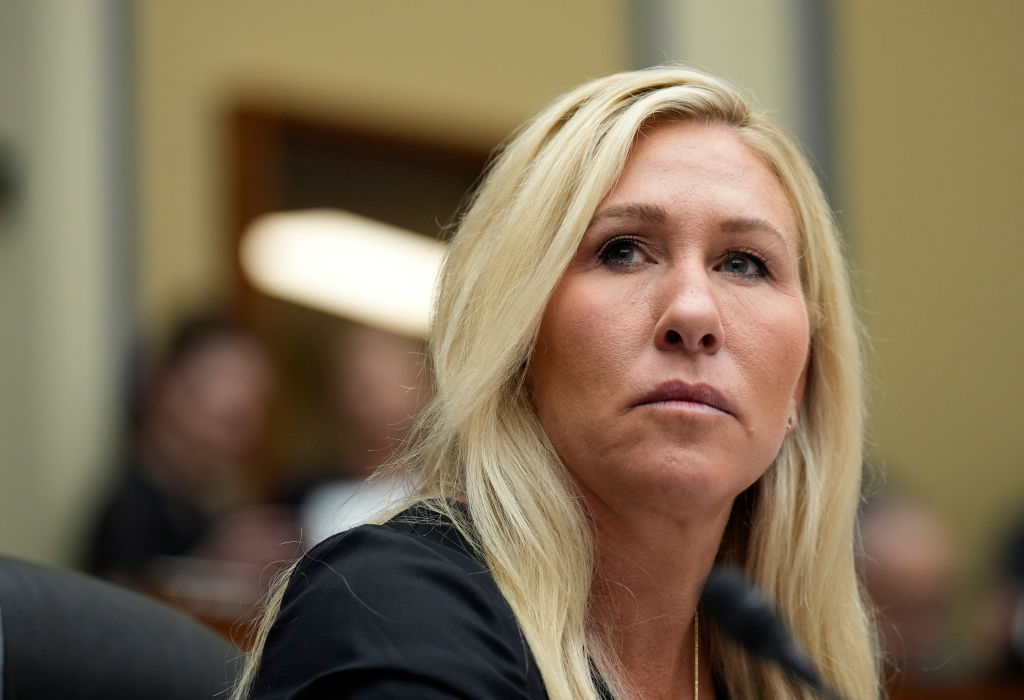Ravenna
Amid relentless propaganda about Italy being in the grip of fascism, Italians go to the polls on Sunday. It will be an attempt to produce their first elected prime minister since 2008, when Silvio Berlusconi won. Since his resignation in 2011, Italy has had four unelected leaders.
Italy’s migrant crisis has dominated these elections, especially after the discovery of the chopped-up remains of an 18-year-old Italian girl in two suitcases by the side of a road in the picturesque hilltop city of Macerata in Le Marche. Three Nigerian migrants are in custody for the murder. And in revenge, a 28-year-old fascist lunatic drove around Macerata opening fire on black people at random, wounding six (none fatally). He then gave himself up to police.
What happened in Macerata transformed Italy’s migrant crisis, already a big factor, into la questione numero uno of the election campaign, despite massive efforts inside and outside Italy to use it instead to talk only about fascists.
The Italian left and a largely supportive global media are doing their best to brainwash Italians into thinking that a vote for the right is a vote for fascism. But neither Italy’s right, nor the Italians, are fascists. What they are is fed up with the floods of illegal migrants coming into Italy, where they represent what Berlusconi has described as a ‘social bomb about to explode’.
Italians are angry at the failure of successive governments and of the EU to stop NGOs and the navies of EU countries picking up migrants just off the Libyan coast and ferrying them 280 miles to Italy, where they claim asylum or disappear, and are virtually never deported. This is despite the fact that, as the UN admits, the overwhelming majority are not refugees but economic migrants.
One way to understand the mood of Italians as they go to the polls is to imagine Britain with 35 per cent youth unemployment and an overall unemployment rate of roughly 15 per cent, mired for a decade in more or less permanent economic recession, throttled by the fourth highest public debt in the world as a percentage of GDP (132 per cent)costing €70 billion a year to service, unable — as a prisoner of the single currency — to do anything meaningful to solve the problem, except austerity and more job cuts.
Imagine if a fleet of NGO and EU vessels was ferrying into such a bleak situation from as far away as Qimper on the French Atlantic coast — let us say, as the distance is the same — more than half a million migrants, who are nearly all men and masquerading as refugees, to Southampton. Do we not think, in those circumstances, immigration would be a major election issue in Britain?
Before the Macerata murder, the coalition of the right was already well ahead in the polls on around 37 per cent. The coalition comprises Forza Italia (16 per cent), led by Berlusconi, the populist Lega (14 per cent), led by Matteo Salvini, plus the post-fascist Fratelli d’Italia (5 per cent) and a small centrist party. The coalition’s support then went up by 1-2 per cent, until Italy’s opinion poll blackout in the last two weeks of election campaigns came into force.
The anti-party, anti-parliament Movimento Cinque Stelle (M5S), which is run like a Scientology sect, was on 27 per cent and remained on 27 per cent. The coalition of the left, which has been in government since 2013 and failed to reboot the economy or solve the migrant crisis, was polling 25 per cent. Its leading party — the post–communist Partito Democratico — has seen its support collapse from 40.8 per cent at the 2014 Euro elections to 22 per cent.
To win a majority in parliament, a party or coalition must get at least 40 per cent of the vote. Only the coalition of the right looks to have any chance of doing so.
This, for a British newspaper like the Guardian, reeks of fascism. The paper has been running hysterical headlines such as ‘Fascism is back in Italy’ and ‘Italy is being driven into the arms of fascists’. The New York Times and the BBC have done similar.
ITV news, as keen as anyone to be part of the dominant media narrative, ran a story on Tuesday about ‘middle-class diners’ doing fascist salutes in a Milan restaurant. Well, I’ve got news for ITV. Those who do the fascist salute have been doing it since 1945 and are politically irrelevant. Inevitably, such coverage can provide only the flimsiest of evidence to support its claims. The truth is that fascist parties in Italy attract minimal support. The most successful — CasaPound (named after the American poet Ezra Pound) — is polling at around 2 per cent.
To win seats in parliament under Italy’s electoral law (a labyrinthine mix of first-past-the-post and proportional representation), a party needs to get at least 3 per cent of the vote. Yes, Fratelli d’Italia is post–fascist and with 5 per cent of the vote will win seats (in fact, it has them already), but if it is fascist then Tony Blair’s a commie. Even Italy’s left-wing Interior Minister, Marco Minniti, an ex-communist ergo professional anti-fascist, admitted in the wake of the Macerata shootings: ‘Fascism in Italy is dead for ever.’
There have been regular outbursts of violence during election demonstrations in recent weeks. But virtually all of it has been caused by ‘anti-fascist’ demonstrators trying to stop CasaPound and the even more irrelevant Forza Nuova from holding meetings. Yet the impression the liberal-left media has been disseminating is the opposite: that it is the fascist right committing the violence.
There is no fascist threat in Italy, except, ironically, from the M5S, which wants to replace parliament with the internet. It’s true that the fascist Macerata gunman stood as a Lega candidate in last year’s local elections and got zero votes. But that does not mean that the Lega itself is a party of fascists.
What the Lega proposes is to stop more migrants getting into Italy from Libya, which is what the outgoing left-wing government was belatedly forced to do anyway last summer with considerable success. The Lega also promises to deport all those among the 630,000 illegal immigrants estimated to be in Italy who are not genuine refugees. That is more hardline but hardly neo-Nazi.
If the coalition of the right achieves the 40 per cent threshold and the Lega gets more votes than Forza Italia, then, under the agreement that has been struck, Salvini will become prime minister. But if Forza Italia gets more than the Lega, Berlusconi will be the victor. Berlusconi, however, is banned from public office after his 2013 conviction for tax fraud and he has yet to name his prime minister.
So Italy could have its fifth unelected prime minister in a row. A farce? Certainly. A fascist coup? No way!



